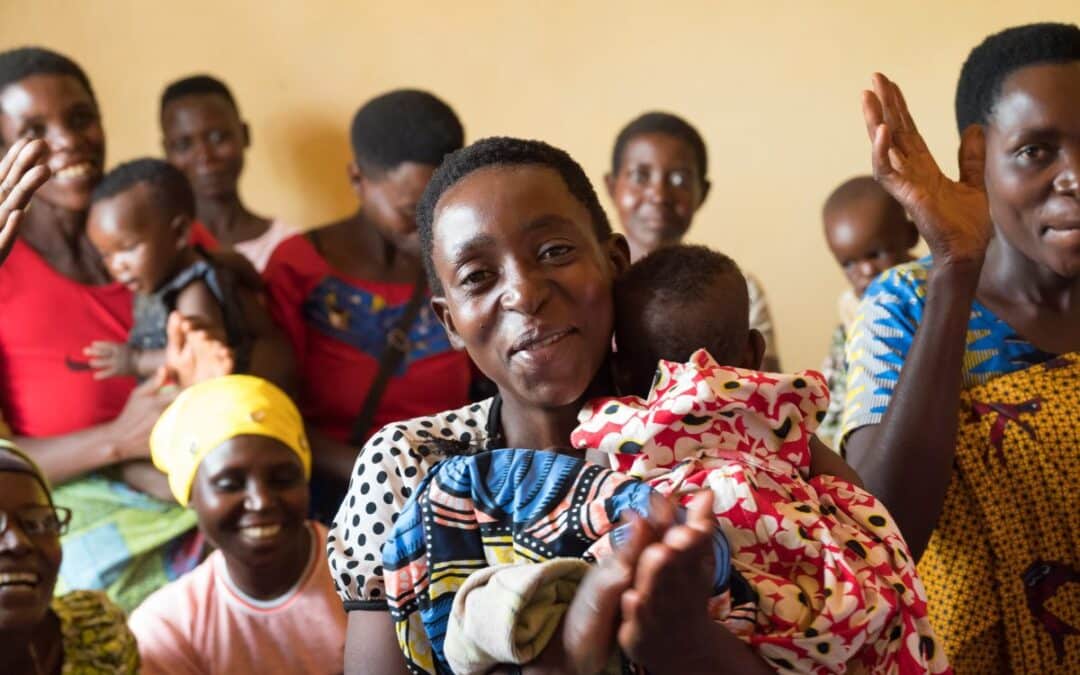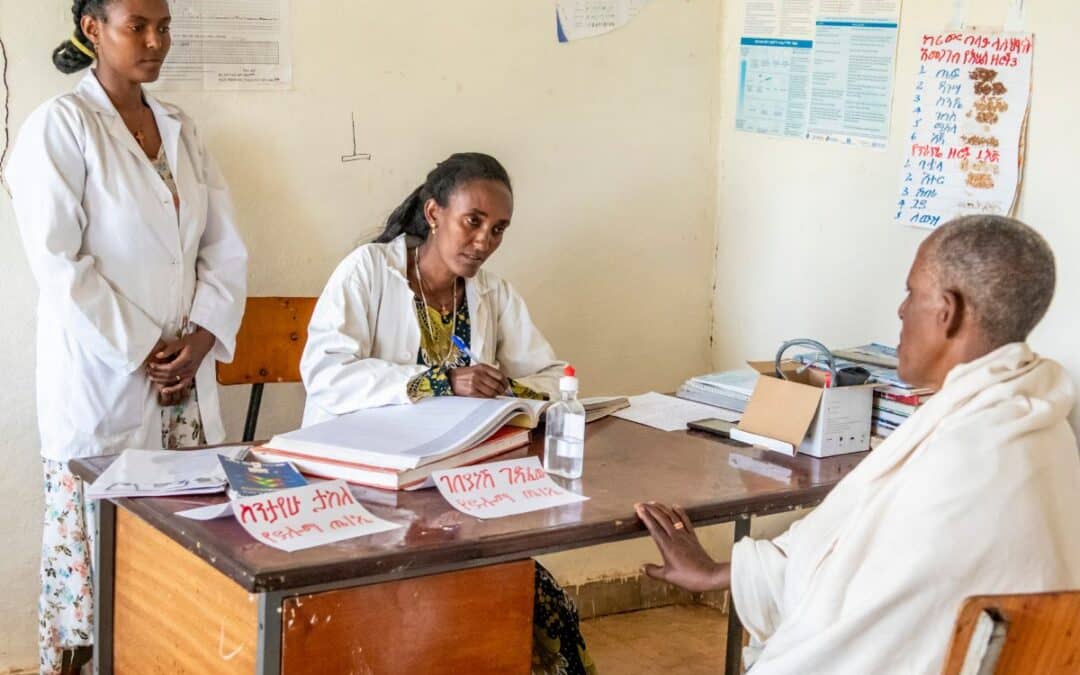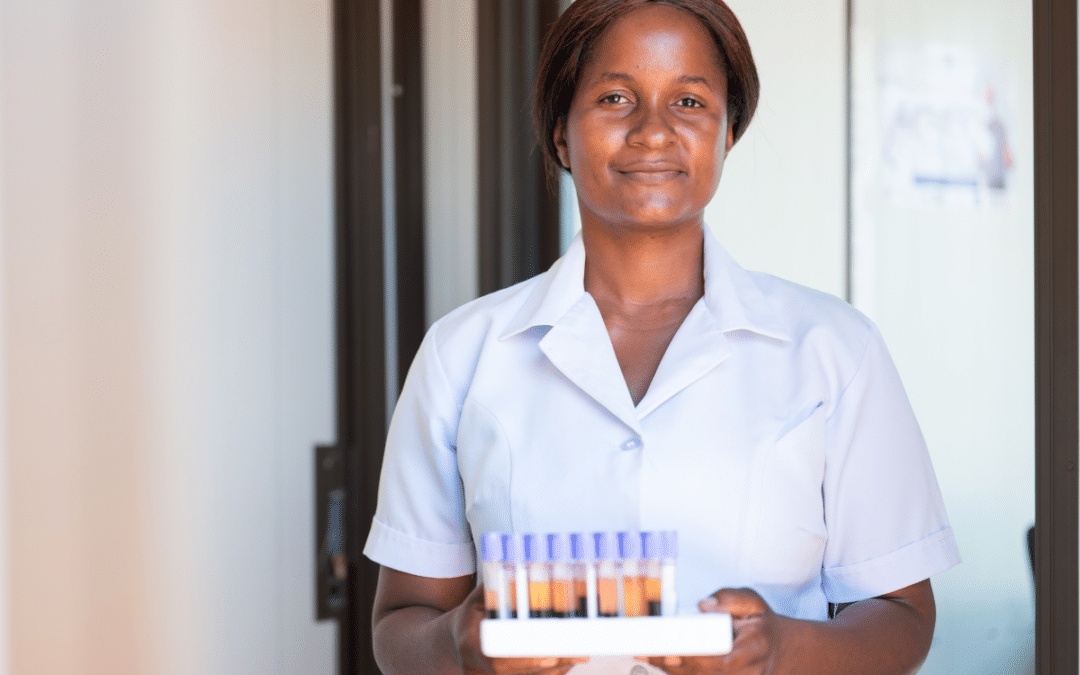
HIV care and treatment


ICAP in Ethiopia Explores Integration of Non-Communicable Disease Care into HIV Care
ICAP in Ethiopia supported a pilot program across six regions of Ethiopia that demonstrated the high burden of non-communicable diseases (NCD) among people living with HIV – and the urgency to strengthen NCD services at HIV clinics nationwide. Limited research has...
Over Four Years, Almaty Model for HIV Epidemic Control Program Supports Improved HIV Care in Kazakhstan’s Largest City
Since 2020, the Almaty Model for HIV Epidemic Control (AMEC) program has supported HIV prevention, testing, treatment provision, and viral load suppression across Kazakhstan’s most populated city. Closing in July 2024, AMEC achieved remarkable outcomes, including...
ICAP in Zambia Significantly Improves Screening and Identification of Advanced HIV Disease Through Technical Assistance
In Western Province, Zambia, numerous challenges at health facilities – such as limited technical capacity among health workers, weak commodity security, and lack of equipment – contributed to poor management of Advanced HIV Disease (AHD). Opportunistic infections,...



